Chilling Chronicles: Fun and Scary Facts from History
Explore the Dark and Fascinating Side of the Past with These Hair-Raising Tales
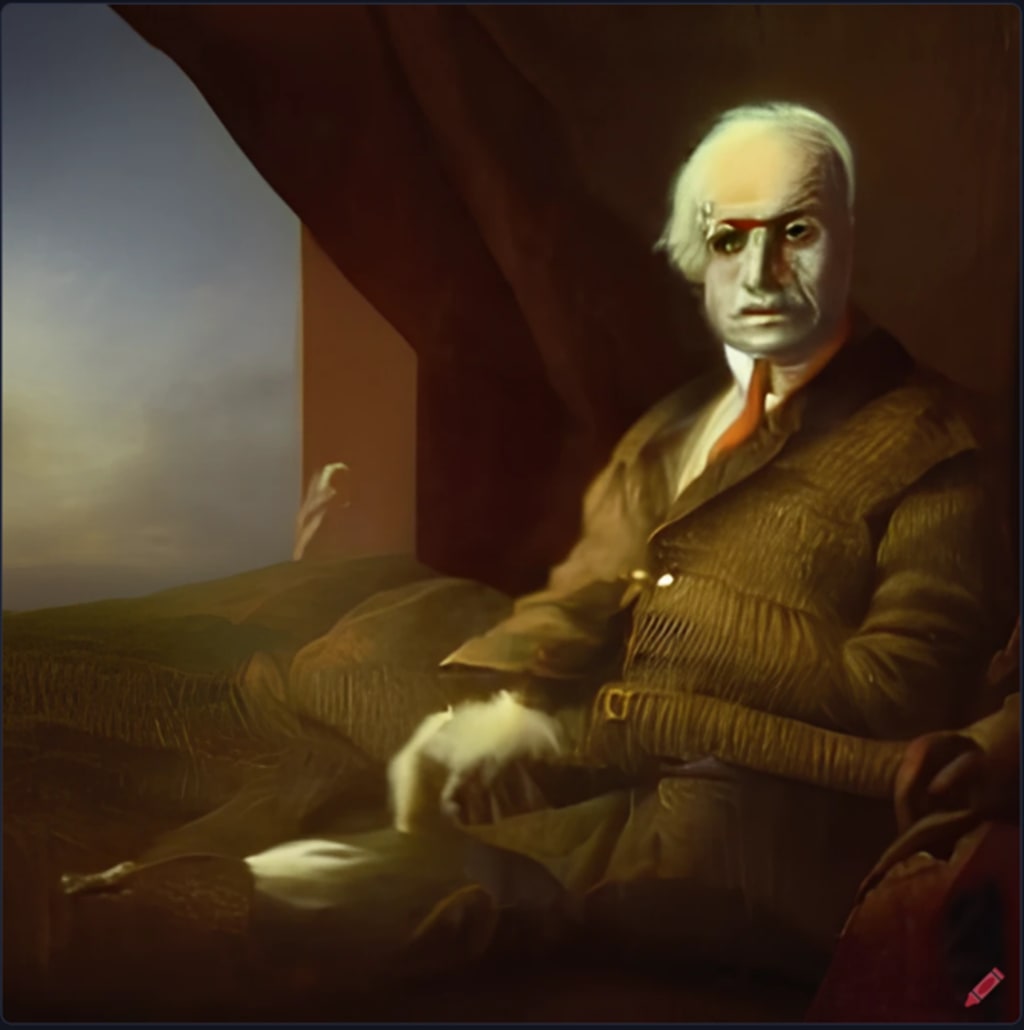
Here are some fun and scary facts from history that you may find interesting:
The Dancing Plague of 1518: In July 1518, a woman named Frau Troffea began dancing in the streets of Strasbourg, France. Over the next several days, more than 400 people joined her, dancing uncontrollably in the streets for hours on end. Many of the dancers collapsed from exhaustion or died from heart attacks, and the cause of the outbreak remains a mystery to this day.
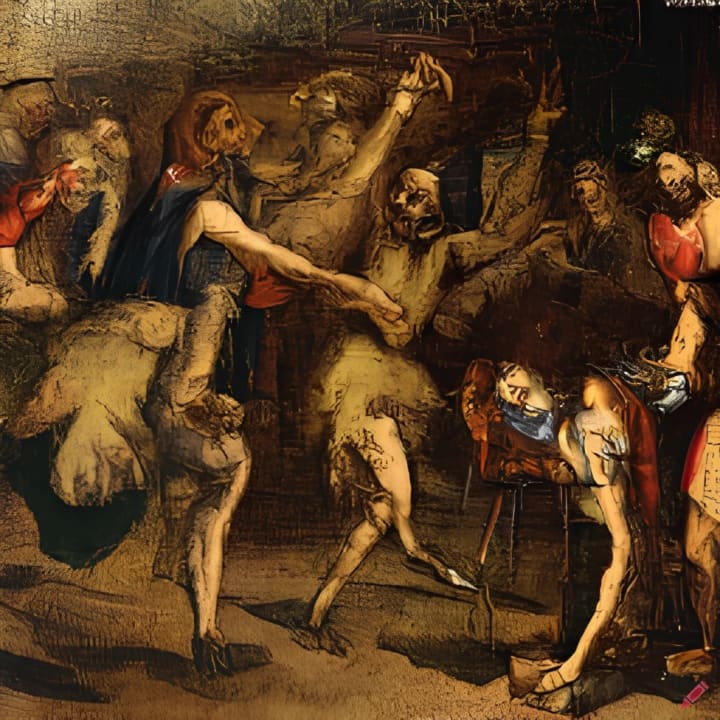
The Black Death: The Black Death was one of the deadliest pandemics in human history, killing an estimated 75-200 million people in Europe and Asia in the 14th century. The disease was caused by the Yersinia pestis bacterium, which was spread by fleas on rats. Symptoms included fever, chills, and painful swelling of the lymph nodes, and death could occur within days.
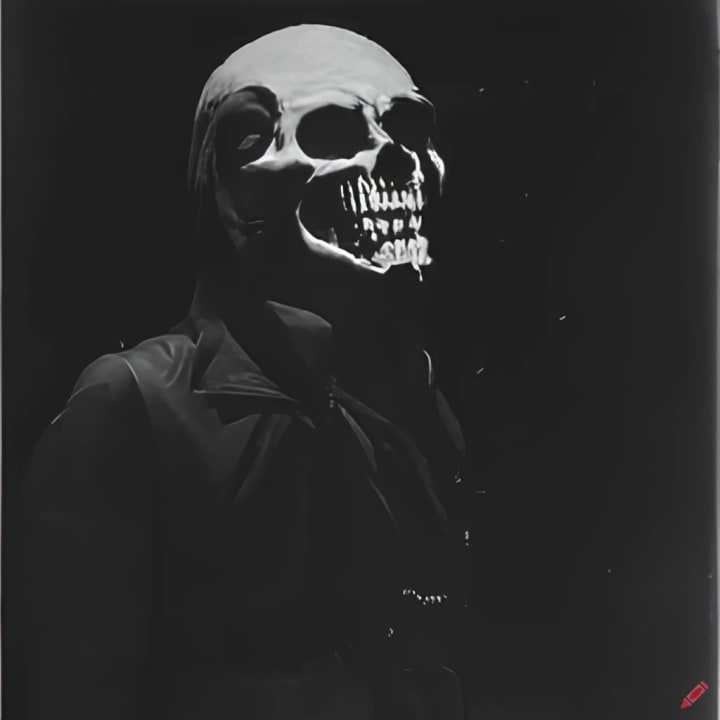
The Great London Smog: In December 1952, a severe smog event engulfed London, England, causing an estimated 12,000 deaths over the course of four days. The smog was caused by a combination of air pollution and weather conditions that trapped the pollutants close to the ground. The event led to the passage of the Clean Air Act in 1956, which helped improve air quality in the UK.
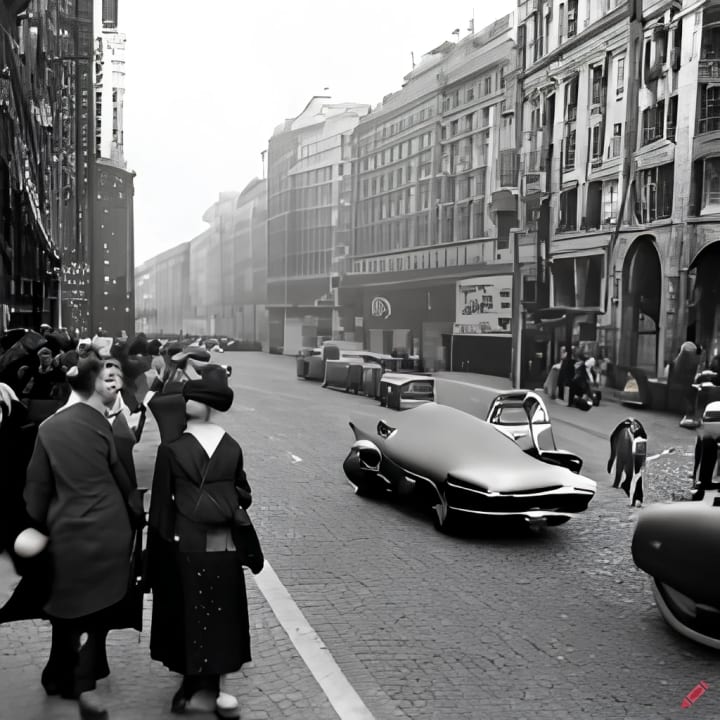
The Salem Witch Trials: In 1692, a series of trials and executions took place in Salem, Massachusetts, in which more than 200 people were accused of witchcraft. Nineteen people were hanged and one man was pressed to death as a result of the trials. The hysteria surrounding the trials was fueled by religious fervor, superstition, and social and economic tensions in the community.
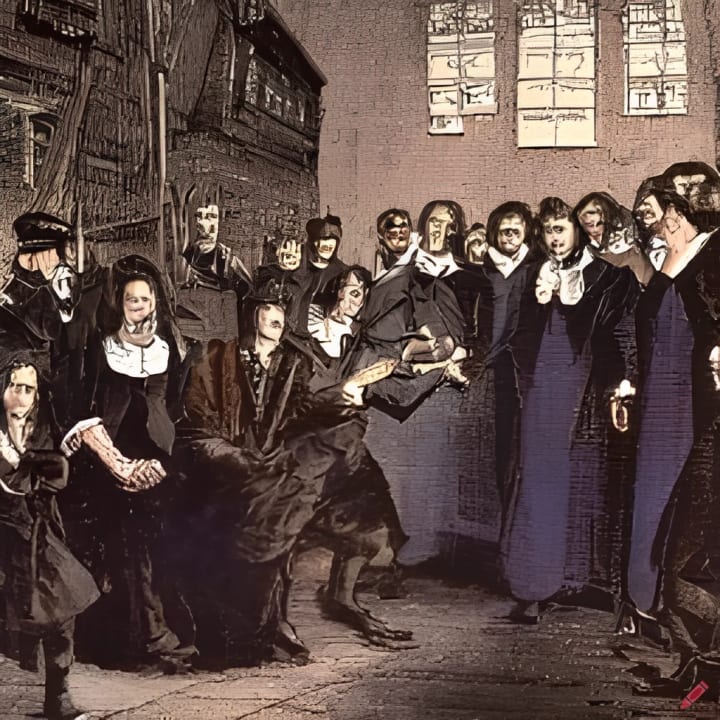
The Spanish Inquisition: The Spanish Inquisition was a series of tribunals established by the Catholic Church in the 15th century to root out heresy and enforce religious orthodoxy. Thousands of people were tortured and executed during the Inquisition, which lasted for over 350 years. The Inquisition was finally abolished in 1834.
The Great Fire of London: In September 1666, a fire broke out in a bakery on Pudding Lane in London, England, and quickly spread throughout the city. The fire burned for four days, destroying over 13,000 homes and buildings and leaving an estimated 100,000 people homeless. The fire led to the passage of building codes and fire safety regulations in London and other cities around the world.
The Titanic Disaster: On April 15, 1912, the RMS Titanic sank in the North Atlantic Ocean after colliding with an iceberg. More than 1,500 people died in the disaster, which was caused by a combination of factors, including inadequate safety measures, human error, and design flaws in the ship.
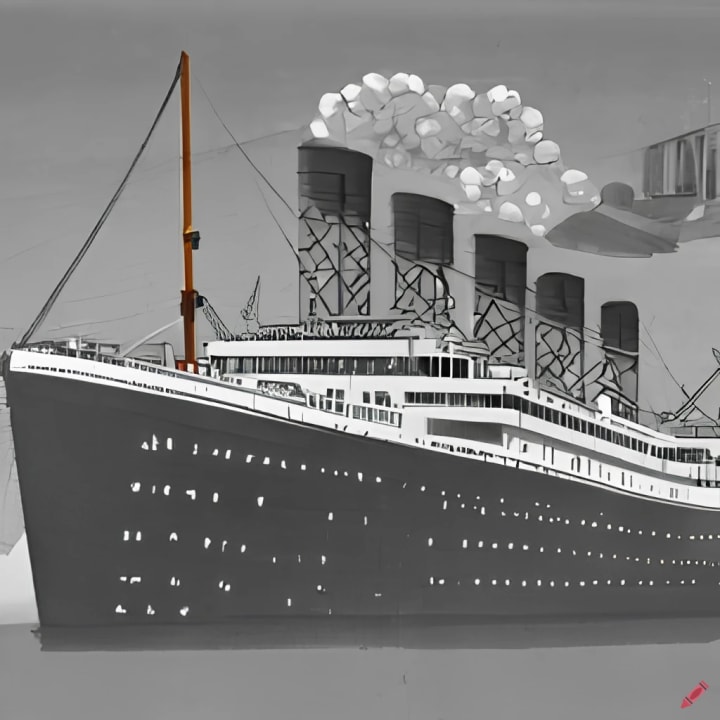
The Holocaust: The Holocaust was a genocide in which approximately six million Jews were systematically murdered by Nazi Germany and its collaborators during World War II. The Holocaust also targeted other groups, including Roma people, disabled individuals, and LGBTQ+ people. The genocide was a result of a complex web of political, social, and economic factors, and it had a profound impact on world history.
The Challenger Disaster: On January 28, 1986, the Space Shuttle Challenger broke apart just 73 seconds after liftoff, killing all seven crew members on board. The disaster was caused by the failure of a seal on the shuttle's solid rocket booster, which allowed hot gases to escape and ignite the fuel tanks. The Challenger disaster was a wake-up call for NASA and led to major reforms in the agency's safety protocols.
The Chernobyl Disaster: On April 26, 1986, a nuclear reactor at the Chernobyl power plant in Ukraine exploded, releasing radioactive material into the environment. The disaster is considered the worst nuclear accident in history, and it had devastating health and environmental consequences. The immediate death toll from the explosion was 31 people, but the long-term effects of radiation exposure are estimated to have caused thousands of deaths.
The Roanoke Colony: In 1587, a group of English settlers established a colony on Roanoke Island off the coast of present-day North Carolina. When a supply ship returned to the colony three years later, the settlers had disappeared without a trace. The only clue was the word "Croatoan" carved into a tree, which led to speculation that the settlers may have joined a nearby Native American tribe or fallen victim to an attack.
The Tunguska Event: In June 1908, a massive explosion occurred in the Tunguska region of Siberia, flattening an estimated 80 million trees over an area of 830 square miles. The cause of the explosion is still unknown, but it is thought to have been caused by a meteor or comet.
The Axeman of New Orleans: In 1918-1919, a serial killer known as the Axeman terrorized the city of New Orleans, breaking into homes and attacking people with an axe or straight razor. The killer was never caught, and his identity remains a mystery to this day.
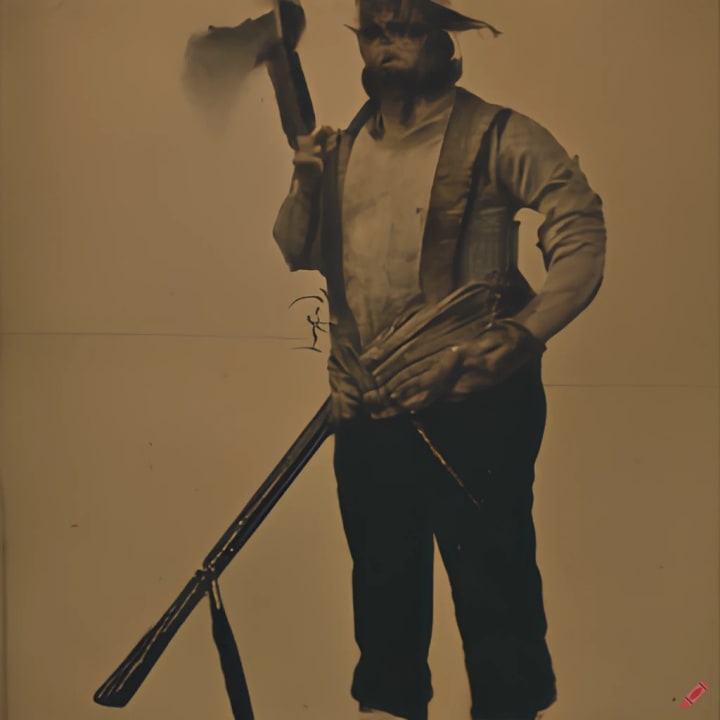
The Children's Crusade: In 1212, a group of children in France and Germany began preaching that they had been visited by Jesus and called upon to march to the Holy Land and convert Muslims to Christianity. Thousands of children joined the movement, but many died from starvation, exposure, or being sold into slavery.
These are just a few more examples of the many fascinating and sometimes eerie events from history. While they may seem strange or unbelievable, they remind us of the mysterious and unpredictable nature of the world around us.
About the Creator
Nachiketa Shiva
Passionate writer exploring various topics. Lover of literature, travel, and all things creative. Join me on a journey through words and ideas. ✍️🌎🎨 #writing #creativity #travel




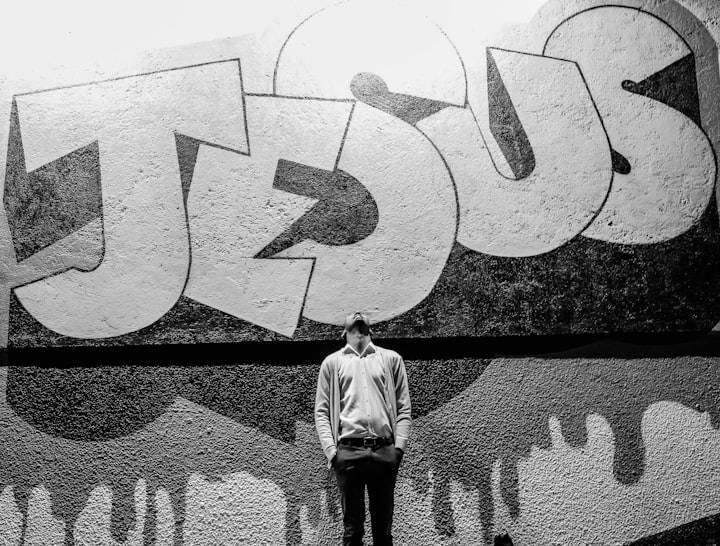

Comments
There are no comments for this story
Be the first to respond and start the conversation.